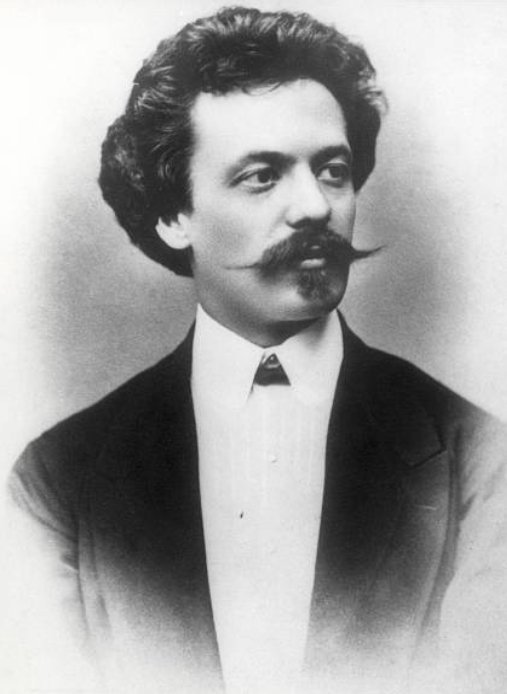
Bio
The Austrian bandmaster, conductor, and composer Carl Michael Ziehrer was the most successful rival to the Strauss family in the field of Viennese popular music. He began to play the piano and compose while still in his teens, but Ziehrer's non-aristocratic family was of very average financial means. His subsequent training at the Vienna Conservatory could only be funded in exchange for an agreement to yield up all future publishing rights to his music to the firm of Haslinger in a deal concluded by Ziehrer's father. Still, the arrangement paid off for all concerned and in 1863, Haslinger offered Ziehrer an orchestra and a season at the Dianasaal theater after a serious rift with Johann Strauss II threatened long-term cancellation. But increased competition and understandable resentment on the part of the Strauss family obliged Ziehrer to take a military commission as bandmaster of the 55th Infantry Regiment between 1870 and 1873.
After leaving military service, Ziehrer recruited his own orchestra for the 1873 Vienna Weltausstellung and founded his journal Deutsche Musik-Zeitung. He returned to the army in 1875, this time as bandmaster of the 76th Infantry Regiment, and in 1877, he formulated a new contract with the rival Vienna publishing house of Doblinger. In an effort to get even, Ziehrer rashly engaged the majority of Eduard Strauss' musicians for a new ensemble, the Former Eduard Strauss Orchestra. The result was an expensive lawsuit, after which he left Vienna in disgrace and traveled through East Europe and Germany, where in Berlin he met his wife, the singer Marianne Edelmann, in 1881.
His next major break came with his appointment as musical director to the Hoch und Deutschmeister Regiment in 1885. The band also performed as a civilian orchestra and under Ziehrer, by now a hugely popular celebrity, they appeared at the 1893 World's Fair in Chicago. Ziehrer was dismissed from his post, however, because he extended his leave without authorization in order to tour throughout the U.S.
In 1903, Ziehrer helped form the Wiener-Tonkunstler Orchestra, later the Vienna Symphony Orchestra, and continued to perform light and popular works to hitherto unimagined standards of excellence. Six years later, he received his highest honor when Austrian Emperor Franz Joseph appointed him Imperial Court Ball Director in recognition of his contribution to popular music. Ziehrer directed the last-ever Vienna Court Ball in 1914, but the Great War left him a broken and bitter man and he died a pauper.
 Contact
Contact Basket
Basket My favorites
My favorites My account
My account






